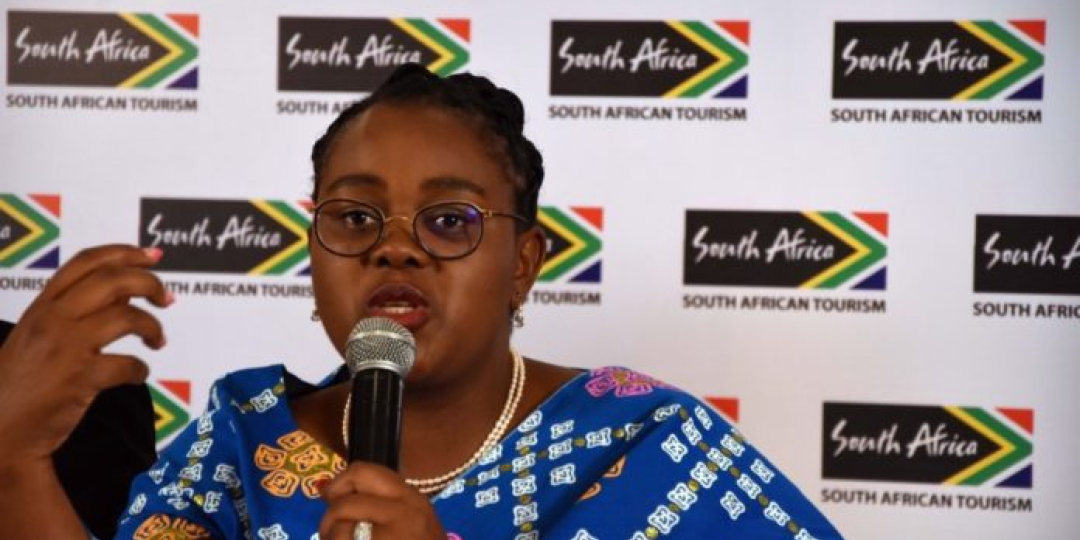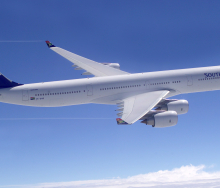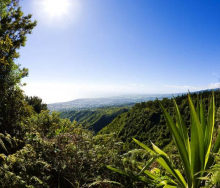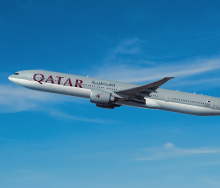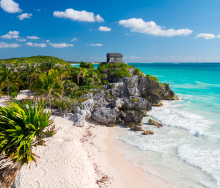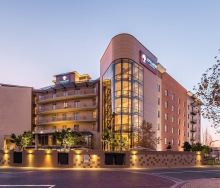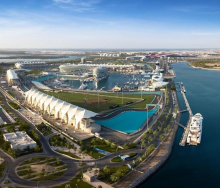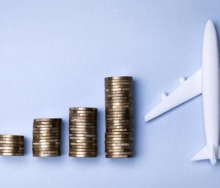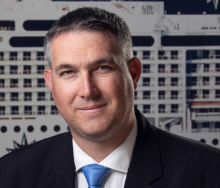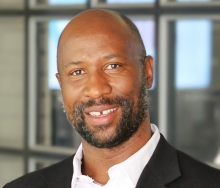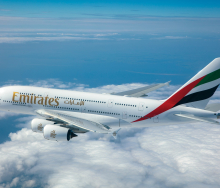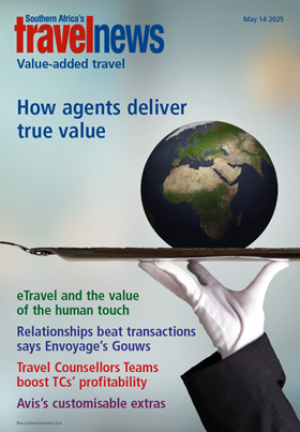Government would not be deterred in its efforts to accelerate the transformation of the tourism sector, said Minister of Tourism Mmamoloko Kubayi-Ngubane during her Tourism Budget Vote speech at a virtual parliament sitting today (Tuesday, May 18).
“As a Department we have responded to the growing sense of unease amongst the previously disadvantaged emanating from the slow progress of transformation of the economy most visibly in the tourism sector. Our Government has a responsibility to transform the economy and to create an inclusive non-racial society in which South Africans share equitably in the wealth of our country. In this effort we shall not be deterred,” she said.
The minister was largely referring to opposition to the R1,2bn Tourism Equity Fund (TEF) from other political parties (ACDP and the Democratic Alliance), trade union Solidarity and human rights lobby group, AfriForum.
The Fund, launched in January this year, was designed to provide a combination of debt finance and grant funding to facilitate equity acquisition as well as new project development in the tourism sector by enterprises with 51% black ownership.
However, the processing of applications has been interdicted by the court following an application against the fund by AfriForum and Solidarity.
“Once again, the efforts to transform the economy to make it more inclusive are being frustrated. Our lawyers are studying the reasons for the interdict and a response to this shall be provided,” said the Minister.
During the Budget Vote debate, most political parties welcomed the TEF but the ACDP MP, Marie Elizabeth Sukers, highlighted that transformation that was prioritised over the full recovery of the tourism sector was unacceptable.
“The most critical issue now is to focus on stabilising the tourism sector in order to preserve jobs. The focus, and financial resources, should rather be on skills development for the unemployed youth,” she said.
She added that 53% of the total number of workers employed in the tourism sector were women.
Some of the key highlights of the Budget include:
Tourism Transformation Fund
The Minister said while some success had been recorded in the implementation of the Tourism Transformation Fund – which is administered in partnership with the National Empowerment Fund – it would be restructured.
“This is in response to the feedback we received from entrepreneurs on their experiences with fund in its current form. We are currently redesigning the Fund to be more efficient and more accessible to entrepreneurs and we will be making an announcement in the coming weeks,” said the Minister.
She said the Fund was capitalised to the tune of R77 million from its initial amount of R120 million after about R43 million had already been disbursed to successful applicants.
Enterprise development
In order to increase participation of the SMMEs in the Tourism Sector for inclusive economic growth, the Department will expand its Incubation Programme to support tourism youth-owned SMMEs. This will include business support and development through the addition of the Tourism Tech Incubator (in partnership with the Technology Innovation Agency – TIA). The Tour Operators Incubator will be also be implemented in this financial year.
SA Tourism gets R1,3bn
For the financial year 2021/22, the Department’s budget allocation amounts to about R2,4bn, of which about R1,3bn is earmarked for South African Tourism.
Protecting infrastructure and assets
Protecting and rejuvenating supply entails amongst others, the support for the protection of core tourism infrastructure and assets. “Our total infrastructure commitment is just under R700m over a five-year period,” said the Minister, noting that an amount of R270m of the funds had been made available to Development Bank of Southern Africa (DBSA) which serves as the implementing agent for the department’s infrastructure programme. A further R222m has been budgeted for this financial year.
During the medium term, the Destination Development Programme will continue with the implementation of a tourism infrastructure maintenance programme of state-owned assets in order to protect and rejuvenate tourism supply.
“The focus of this work is on improving and upgrading sites of heritage significance including liberation heritage, national parks, botanical gardens as well as rural and township precincts. To this end, we have prioritised the implementation of just over 100 tourism infrastructure initiatives across the country with a further 30 community-based projects,” said the Minister.
This work is largely funded through the Department of Tourism’s Working for Tourism Expanded Public Works Programme.
